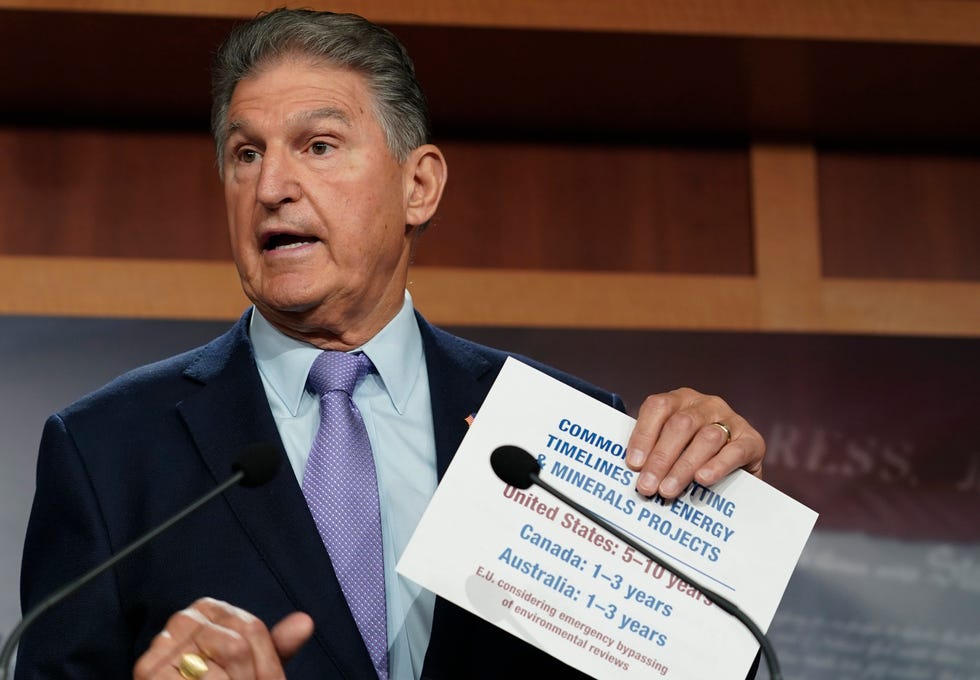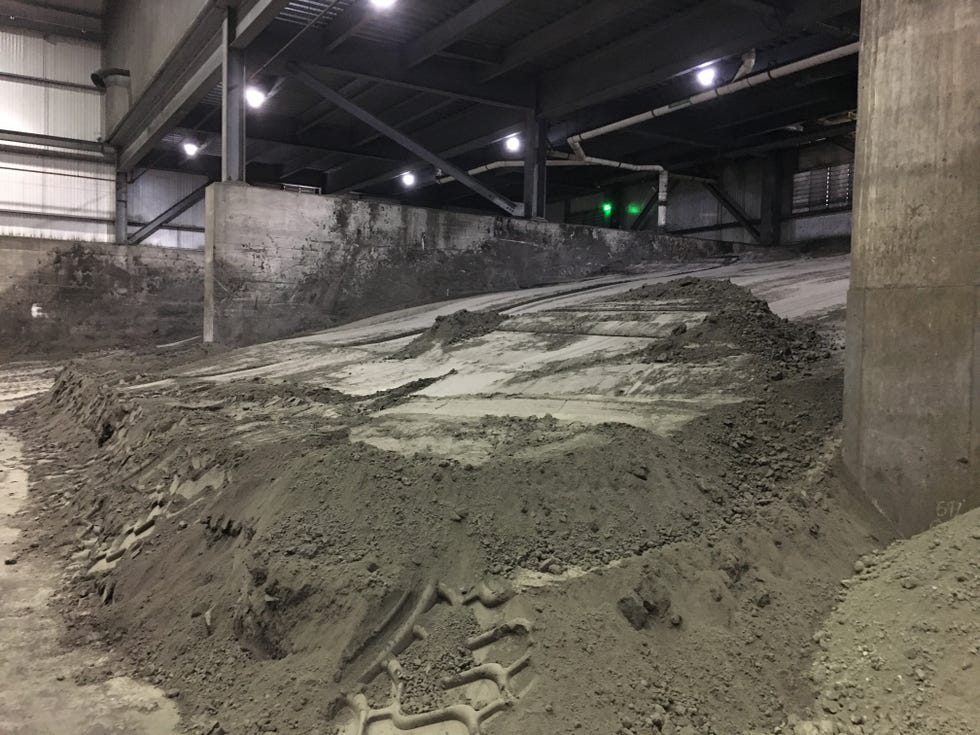Washington — As Friday’s government funding deadline approaches, Congress is splitting over an overhaul of the nation’s energy permitting process demanded by Sen. Joe Manchin.
Senate leaders and President Joe Biden say they stand by an agreement to attach the West Virginia Democrat’s proposal — which would accelerate both fossil fuel and clean energy projects — to a stop-gap government funding measure that must be passed by the end of the month to prevent a government shutdown.
But the deal is drawing opposition on all sides: Democrats in both chambers are lining up to stop it, concerned it will threaten the environment and public health. Republicans, who have pushed for changes to federal permitting for years, are concerned it doesn’t go far enough and are loath to support Manchin after he enabled passage of the Inflation Reduction Act with solely Democratic votes.

How the drama unfolds may determine whether the government remains open in October — and add fuel to a conversation about how the country can meet demands for a growing electric vehicle sector, from battery mineral sources to an expanded grid for charging.
Electric vehicle challenges
The U.S. auto industry is rapidly transitioning to electric vehicles, pushed by changing regulatory environments worldwide, federal incentives and the increasing pressure of climate change. BloombergNEF estimated last week that more than half of all passenger cars in the U.S. will be electrified by 2030.
Streamlining permitting for energy projects has long been on the wish list for mining companies, which argue there is a long and convoluted permitting process that makes it difficult for miners to invest in extracting the critical minerals needed to fuel an electric vehicle boom.
It takes an estimated seven to 10 years to permit a mine in the United States. And “even once you get your permit, you often get hit with lawsuits,” said Abigail Wulf, director of critical minerals strategy at Securing America’s Future Energy, which supports Manchin’s proposal.
Forecasters estimate both the world and the United States will fail to meet demand for EV battery minerals such as lithium, cobalt, nickel and graphite by steep margins in the coming decade. The mineral supply chains that do exist for EV batteries globally are largely controlled by China, the country’s chief economic rival.

Experts also say that utilities will have to expand battery storage and transmission lines to accommodate an increase in electric vehicle sales.
“There is a very legitimate need to increase (mining) capacity significantly and to control more of it because of obvious reasons around geopolitics,” said Mike Ramsey, a transportation and mobility analyst for Gartner Inc. “However, mining can be a rather destructive process … and now (companies) are looking at much more energy and environmentally intensive methods to try to get” minerals like lithium out of the ground at scale.
Political hardball
Over the next five days, Congress will attempt to fulfill a deal brokered at the end of July.
In exchange for Manchin’s support for the clean energy, tax and health care bill that became the Inflation Reduction Act, Senate Majority Leader Chuck Schumer of New York agreed to attach Manchin’s permitting reform legislation to a continuing resolution this fall. Congress has a powerful incentive to pass the resolution by Sept. 30: It extends the current budget past the end of the fiscal year, keeping the government open.
Manchin argues the legislation will increase U.S. energy independence, decrease energy prices and increase the net use of clean energy sources.
His bill would require the White House to designate energy projects of “strategic national importance” and prioritize permitting for those projects, which must include critical mineral and energy transmission projects as well as carbon capture and hydrogen. However, at least some of those chosen would also have to be fossil fuel projects.
It would also set a…
Read More: Inside the energy fight dividing Congress as funding deadline looms



















